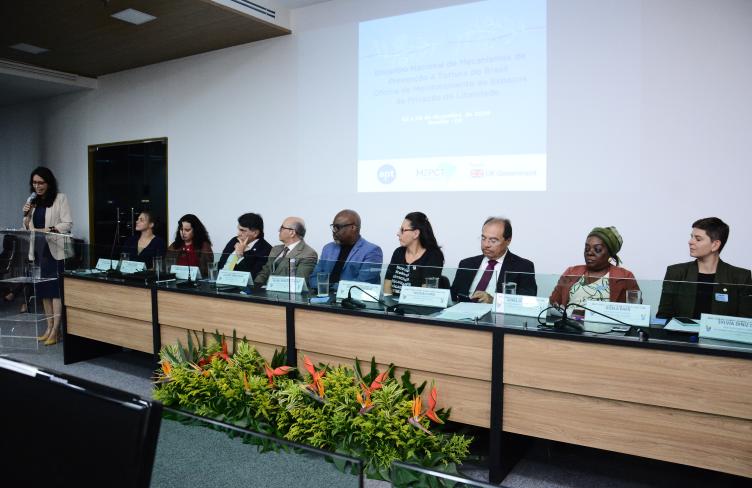
Students of history often view the barbaric practices of our ancestors with a degree of disgust and astonishment. Corporal punishment, dismemberment, witch burning, slavery, criminalisation of homosexuality, executions, the list goes on.
Today we all have a responsibility to think critically about the way we treat each other and to ask ourselves: ‘what are we doing today that people will look back on with astonishment and wonder how on earth we allowed such terrible abuses to occur on our watch?’
That is the core challenge for any decent pro bono or human rights lawyer. It provides a starting point for our strategic planning because it helps us identify issues that may not yet be a focus for other actors. It directs our pro bono capacity to areas of unmet need, to underserved communities, to ‘unpopular causes’, and to clients who may struggle to get any other form of assistance.
Within this framework, one recurring issue of concern for us is the growth in prisoner populations. This comes with many related challenges: of overcrowding; the strain on and collapse of other justice system institutions, including the police and the courts; and the ever-growing costs of incarceration and the burden on the public purse.
Of course, there are also the human rights issues prevalent in places of detention. For example, the health risks that arise for prisoners and staff alike, particularly in a pandemic; the causal and consequential relationship between incarceration and mental health; and the links between poverty, race and class and the use of custodial sentences, which sees significant over-representation of minorities in correctional facilities and raises concerns with respect to systemic and institutional racism.
At DLA Piper, our global pro bono practice has supported governments in the least developed countries to deliver justice sector reforms over many years. We have a significant track record of policy development, legislative reform, implementation of international standards, establishment of new courts, diversion programmes, child justice reforms, judicial recruitment, training and capacity building, and engagement with the UN human rights systems.
In many of the countries where we work on these issues, there has been growing bipartisan support for prison reform and prisoner population reduction – often driven by the need to limit the ballooning costs of unprecedented mass incarceration.
The global study we have just released on prisoner release schemes during COVID-19 was primarily a response to client demand and emerging national priorities. The report itself doesn’t explicitly advocate for prisoner population reduction, but it does serve as a useful toolkit for governments seeking to reduce prisoner populations as a way to lower costs and limit health risks for prisoners and prison staff alike.
We have studied the approaches adopted in 53 jurisdictions to identify key trends and best practices and we hope the report facilitates both temporary and long-term reforms.
Nicolas Patrick is a Business Partner at DLA Piper in London and leads the firm’s global pro Bono practice.


